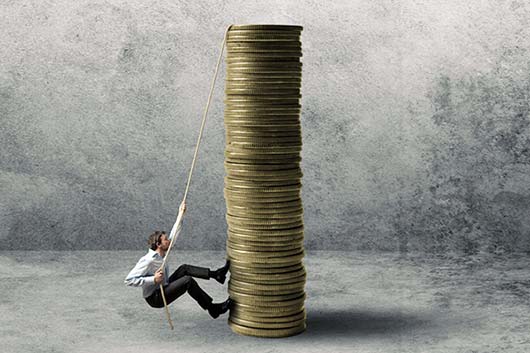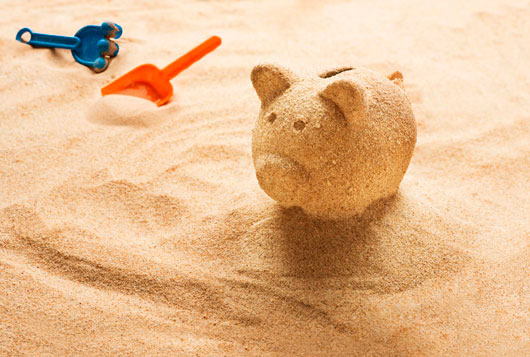
May 20 is Be a Millionaire Day. You may want to celebrate by imagining you are a millionaire and fantasize about spending all that money. But, if you are like most of us, you are not really a millionaire and have to watch how you spend your money each month. Most people are unaware of how much they are actually spending each month on groceries, phone calls, utility bills and other common household expenses. They are also unaware of how much they could be saving on these same expenses.
Read Related: Busy Moms: Tips to Break Your Bad Spending Habits
Author and poet Charles Bukowski once wrote, “Bad taste creates many more millionaires than good taste.” Many of us seem to believe that living the millionaire lifestyle means spending a lot of money. But, the truth is, millionaires know how to save money. Saving money doesn’t have to be hard or require great sacrifice. With just a little effort on your part, you’ll be saving money on just about everything. So, with that in mind, here are 25 bad spending habits to break. We don’t guarantee that you’ll be a millionaire afterwards, but you will have more cash leftover at the end of the month!
1. Not using coupons. Clipping, saving and using coupons can be a bit of a hassle. But, learn how to do it right and you can save significantly on your weekly grocery bill.
2. You haven’t re-evaluated your cell phone plan. It pays to regularly research what kinds of phone plans are available. If you don’t have a contract (and even if you do, many carriers offer to pay your Early Termination Fees) you may be spending more than you need to for service. And you rarely have to change your number these days.
3. You haven’t re-evaluated your cable/internet bill. Many cable companies offer an introductory rate that goes up without notice after 6-12 months. If you have auto bill-pay, you may not notice. And you can usually negotiate the rate back down with a phone call. The same is true with satellite TV or your internet bill.
4. Using debit or credit cards for small purchases. You’re more likely to think twice about buying something you don’t really need if you’re paying cash. Learn how, where and when to use your debit or credit card and how, where and when not to.
5. Not having a healthy lifestyle (bad eating, not enough exercise, sleep). Poor health costs money in missed work and doctor visits. The fact is, being healthy saves you money.












